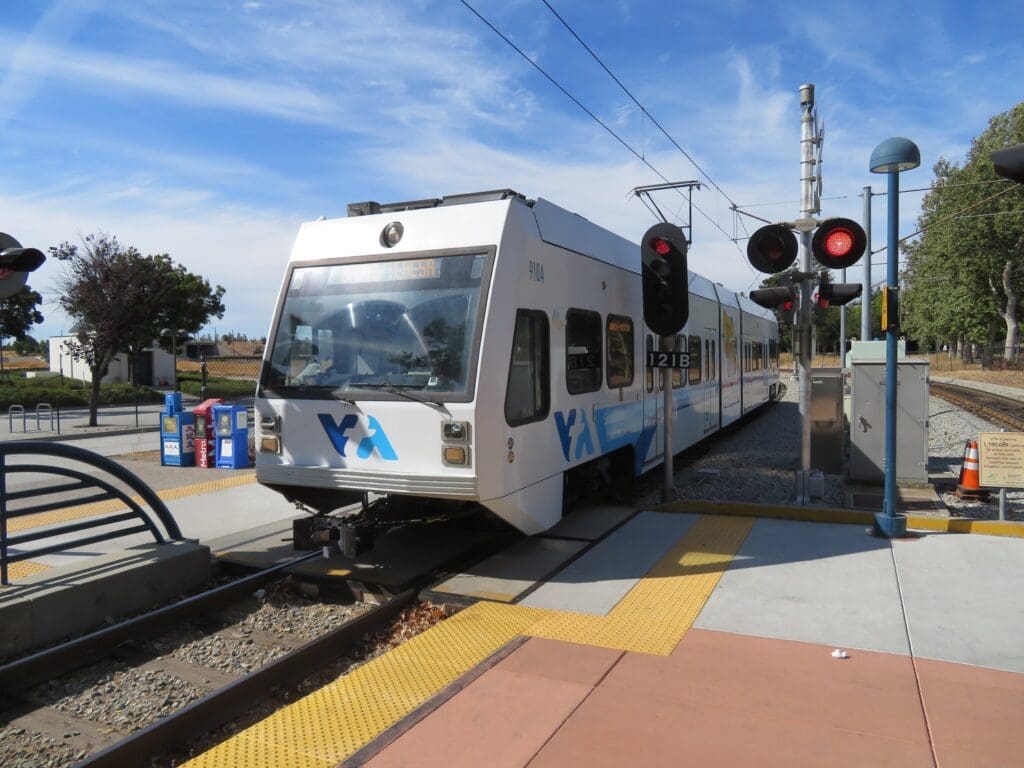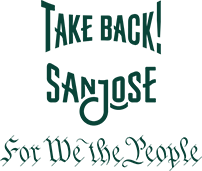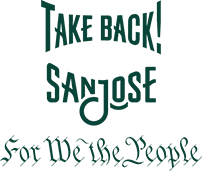
Image by Wikimedia Commons
Bay Area political commentator Denise Kalm dives into the recent (somewhat anticlimactic) transit strikes, wondering if public unionization actually does more harm than good for the Valley’s taxpayers, hardworking public employees, and gov’t services. An Opp Now exclusive op-ed.
VTA, the Valley Transportation Agency, is a special district that manages public transit, congestion, highway improvement, and county-wide transportation planning for Santa Clara County. Their services handle 96,600 riders per weekday. As such, a work stoppage is a big deal for those who rely on these services to get to work, appointments, school, etc. Among other things, the strike was designed to get the government agency to provide an 18% raise over three years, across the board. VTA offered the union 11% over the same time period, which many would consider a great raise.
Unlike many government agencies, the VTA actually had a “no-strike” ordinance in the contract they had with the Amalgamated Transit Union Local 265. A judge ordered them back to work, ending a three-week-old strike. Otherwise, the county might well have had to cut budgets to find a way to pay for the much higher wage demands.
Should Government Employees Be Allowed to Unionize?
Early on, before this was allowed, FDR himself opposed public sector unions, and for good reason. He acknowledged that government employees wanted the same things as private sector employees, but noted that “there is a special relationship and obligation of public servants to the public itself and to the government.”
FDR noted, in a letter opposing unions, “All Government employees should realize that the process of collective bargaining, as usually understood, cannot be transplanted into the public service. It has its distinct and insurmountable limitations when applied to public personnel management. The very nature and purposes of Government make it impossible for administrative officials to represent fully or to bind the employer in mutual discussions with Government employee organizations. The employer is the whole people, who speak by means of laws enacted by their representatives in Congress.
”Since their own services have to do with the functioning of the Government, a strike of public employees manifests nothing less than an intent on their part to prevent or obstruct the operations of Government until their demands are satisfied. Such action, looking toward the paralysis of Government by those who have sworn to support it, is unthinkable and intolerable.”
And yet, we have government unions making demands that put direct obligations onto taxpayers, without the taxpayers being able to weigh in on those costs.
We should go back to the words of FDR and study them, seeking to end the tyranny of government unions. In fact, too often, the agencies working with the unions to resolve issues have very little at stake in granting the union’s desires, regardless of impact on the budget. In the private sector, unreasonable demands result in the company going bankrupt; the union members now have no job. Because of this, negotiations generally are more reasonable. The results may not be optimal to either side, but they take into account the desires of union members and the survivability of the company. Government unions can’t say that.
Private Unions Are Dying. Should Public, Too?
Why are fewer people joining unions, when they have the ability to refuse? It’s a simple fact that union negotiations benefit all workers, those who are diligent, hard-working, and who earn their pay as well as those who do not. We’ve all worked with people who somehow survive while doing as little as possible.
Most of those hard-working people want to be rewarded for their hard work. It isn’t fair to give everyone the same pay raise, when not everyone is contributing equally to the success of the company/agency. In fact, benefits in the private sector tend to accrue primarily based on merit. Not only does this reward the best employees, but it also provides an incentive to slackers to pick up their game.
The concept was researched in schools, where the teachers would average all the grades, so everyone received the same grade on a test. At first, everyone did a lot better, as the A students kept working hard. But after a bit, the A students slacked off, and the calculated average went down. This is what happens when you fail to call out and reward the best workers.
In addition, when trying to figure out who will be laid off, companies have the right to select the poorest performers, regardless of longevity. Unions have seniority rules, which means that you may have to lay off newer, hard-working people, while letting senior people who have retired in place keep their jobs.
Collective bargaining might have been the right answer when employees were desperate for jobs and employers were tightfisted and unfair. But this is rarely the case now. Instead, most people want to be rewarded for hard work; it’s disheartening to see the laziest get the same pay as you do.
It’s time to get unions out of government. FDR was right; their jobs are different, and they should not be permitted to “obstruct the operations of government.”

